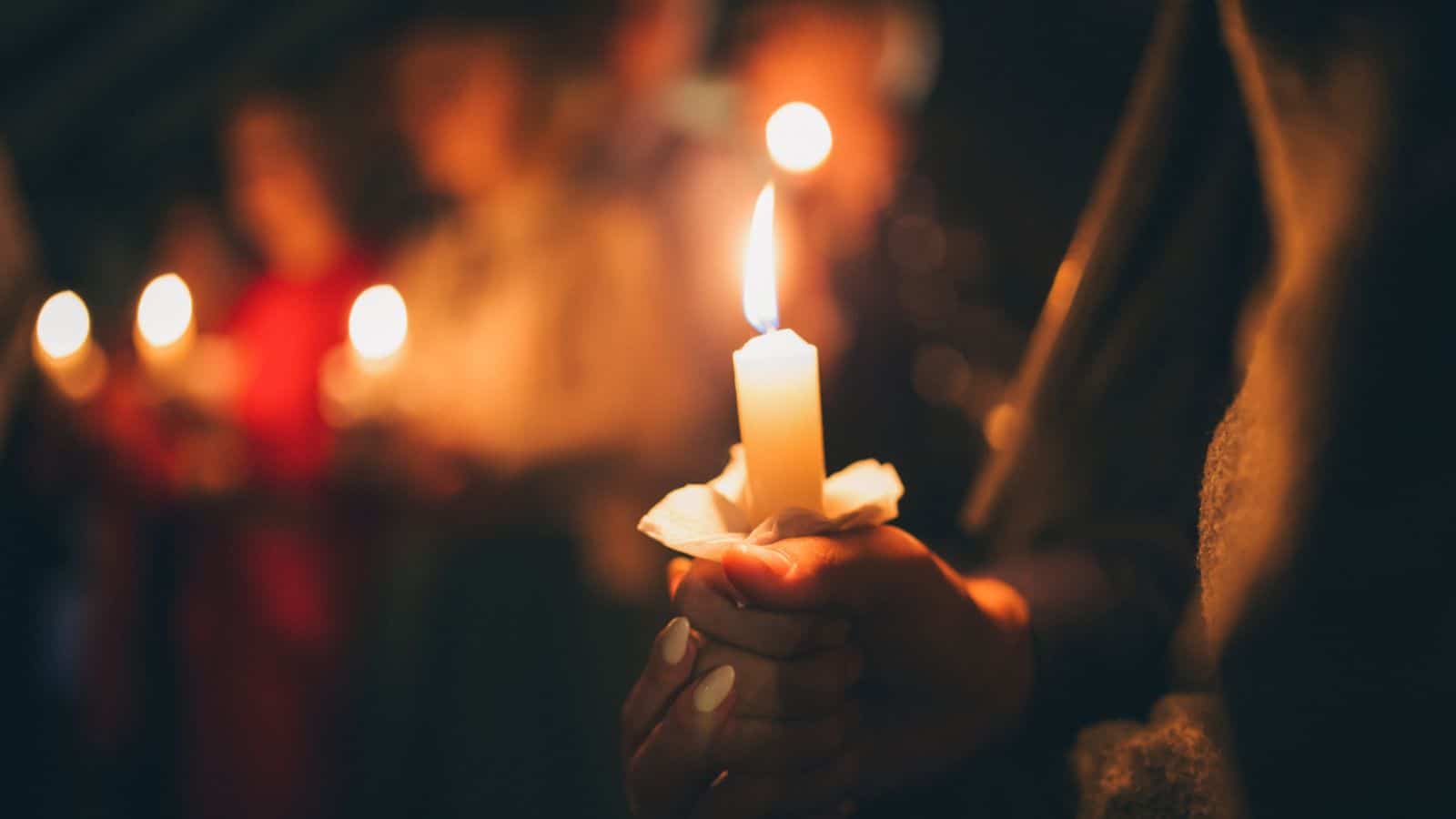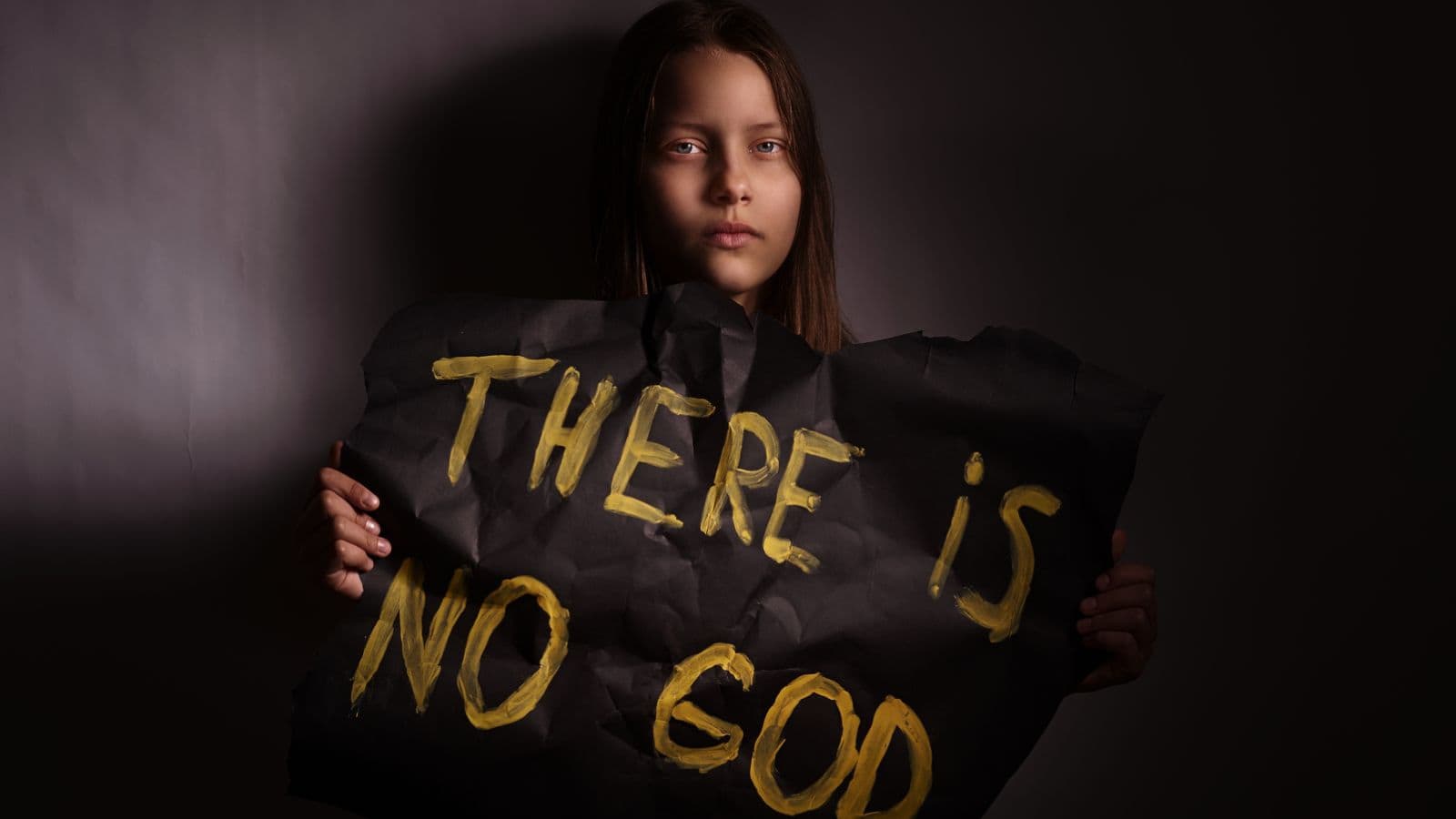Religion has played a central role in human societies for thousands of years, providing moral guidance, meaning, and a sense of community. However, religion has become less relevant in recent decades, and many people have chosen to abandon their faith altogether. Here, we explore the 20 most common reasons why people walk away from organized religion.
Scientific Advancements

Religion was historically a way for uneducated early civilizations to answer questions about the universe and the meaning of life. Since science and experimentation have begun to answer these questions and provide undeniable proof, many people are choosing critical thinking and rational thought over blind faith, as religion seems increasingly fantastical and ridiculous.
Changing Social Values

Religious doctrines are often intolerant, particularly regarding modern gender roles and sexuality. Indeed, NPR says people are abandoning their faith because of its restrictive views on LGBTQ+ rights and harsh discrimination against anyone who doesn’t follow the traditional ‘heterosexual’ lifestyle. This is often incompatible with their own progressive beliefs.
The Problem of Suffering

Many atheists ask why an all-powerful and malevolent God would allow so much evil and suffering to take place, particularly when it involves innocent children or animals. This can pose a conundrum for believers, too, who may also question why a divine being who is supposed to love mankind and all his creations would sit back and allow such horrors to take place.
Scandals and Hypocrisy

Many organized religions, including the Catholic Church, have been involved in sex abuse scandals, financial impropriety, and questionable political tactics to maintain power and control. When the actions of religious leaders contradict the values they preach, it can seriously undermine people’s faith in the religion they represent, causing religious abandonment.
Declining Religious Communities

Traditionally, religion provided a strong sense of community and support in times of need, with people helping their fellow believers and often standing together as one. However, with more people living in urban areas and big cities and a more mobile society, traditional religious communities are weakening. Many people no longer feel a sense of faith-based connection.
Focus on Rituals

According to Research Outreach, rituals are crucial for enforcing religion and can even affect the way our brains gather and process information. In modern times, an intense focus on rituals rather than the spiritual meaning behind religious doctrines has made many reject traditional faiths for other forms of spiritual connection that feel less contrived and more personal and relevant.
Religious Diversity

Hundreds of years ago, most people were only exposed to one religion, particularly those living in remote areas and small villages. Yet today, our increasingly connected world and the ease of travel have led to far greater cultural mixing and more cosmopolitan societies. This can cause people to question the validity of their own faith in light of alternative belief systems.
Secularization of Society

Many societies are becoming increasingly secular (non-religious), and most developed countries have witnessed a decline in the role of religion in public life during the past few decades. This changes the way people feel about their faith, even those raised in religious families, and can even make them feel ridiculous, outdated, or ostracized if they maintain such beliefs.
Emphasis on Personal Experience

Faith generally requires a lot of trust and acceptance and rarely changes based on personal observations or experiences. As modern society becomes more educated and enlightened, this can seem too restrictive and stupefying. Many people want to find out for themselves how the world works and engage in things like travel, new experiences, and meeting people from other cultures.
Negative Experiences with Religion

Restrictive denominations, like Orthodox Judaism and Evangelical Christianity, can result in a strict, oppressive, and even traumatic upbringing. While some children conform, obey, and become faithful themselves, many rebel against their parents’ faith, particularly if they have suffered adverse effects as a result of religion, like being shamed or threatened.
The Rise of the “Nones”

Pew Research Center writes, “Religious ‘nones’ are people who describe themselves as atheist, agnostic or ‘nothing in particular’ when asked about their religious affiliation.” They do not feel strongly associated with religious groups, and they often find religion irrelevant or unimportant. The number of “nones” is on the rise, especially among younger generations.
Focus on Materialism

Specific religious movements emphasize material wealth and prosperity as signs of God’s favor or ask for monetary donations while also claiming that money is the “root of all evil.” This focus on materialism or blatant hypocrisy can be off-putting to people seeking a more meaningful spiritual experience that isn’t based on amassing wealth or financial donations.
Disagreeing with Religious ‘History’

Religious interpretations of history, like the story of creationism in Christianity and Judaism, can seem far-fetched and nonsensical to critical thinkers, who may question the Bible’s accuracy and, in time, their faith. Intellectuals who question such events may be met with anger, denial, or even rejection from stricter religions, often prompting them to seek spiritual alternatives.
Intolerance Within Religious Communities

Some religious communities are tiny, insular, and intolerant of anyone who leaves or chooses to follow a different lifestyle than is ‘acceptable’ to them. This lack of diversity and intolerance of anyone who is different or original can make individuals question their faith, especially if being included in their community means following outdated rules or rejecting modern ideas.
No Questions

Some modern religions are open to intellectual debate, alternative viewpoints, and questions about their teachings and religious texts, but some aren’t. Stricter, less progressive denominations tend to discourage critical thinking and do not respond well to the questioning of established doctrines. This can make curious people feel intellectually stifled and unfulfilled.
Social Safety

According to Oxford Academic, the percentage of people who believe in a higher being declines as the environment becomes safer and more predictable—like in the absence of war, disease, major disasters, or social upheaval. Because most people have enough food, medical care, and housing and don’t live in war zones or suffer deadly diseases, faith has declined.
Incompatibility with Lifestyle

Imagine you like to drink alcohol, have sex outside marriage, eat certain foods, or engage in specific activities (like gambling, for example), but your religion forbids it. Some people decide that following strict religious rules isn’t worth it for them because it denies them the chance to enjoy life or follow a lifestyle that makes them feel satisfied and fulfilled.
Dislike of Religious Language

If you’ve ever read the Bible, you will know that religious language and symbolism can be ancient, complex, metaphorical, and highly open to interpretation. Some modern believers can find the wording of specific passages confusing and even contradictory, causing them to question the validity of long-held moral codes or religious tenets.
Appealing Alternatives

If someone becomes disillusioned by their faith, plenty of modern alternatives can offer answers, alternative viewpoints, or a different kind of spiritual connection. Many find solace in “new atheist” groups or engage in spiritual practices that are more personal and meaningful to them, like connecting with nature, meditating, or helping others.
Over-emphasis on Afterlife

Many religions, including Islam, have a heavy focus on reaching the afterlife, often portrayed as a paradise or heavenly place where ‘good’ believers will exist for all of eternity after they die. This is a nice idea, but modern people can feel that this intense focus on achieving salvation denies them the opportunity to fully enjoy their current lives in the present.
Up Next: 19 Completely False Things About America That Foreigners Think Are True

The U.S. is arguably the most famous country in the world, and people from far-off places often know our flag and president’s name! However, a lot of media coverage and exported movies mean plenty of opportunities for misunderstanding and stereotyping. Here are 19 false assumptions non-Americans often make about ‘the land of the free!’
19 Completely False Things About America That Foreigners Think Are True
20 Loyal Dog Breeds That Will Never Leave Your Side

Since early humans first fed a wolf around a campfire, dogs have been our constant companions and are renowned for making strong bonds with their owners. But which specific types of dogs make the most loyal and devoted pets? This article describes the 20 most unwaveringly loyal canine breeds and the characteristics that make them the ultimate ‘ride or die’ pets!
20 Loyal Dog Breeds That Will Never Leave Your Side
18 Reasons Older Men Say ‘Nope’ To Relationships

Older men embrace being alone and generally prefer spending time in solitude. They’ve had a full, so don’t criticize them for being less social! The following 18 reasons explain why older men prefer to be alone and are redefining how they experience their retirement years.
